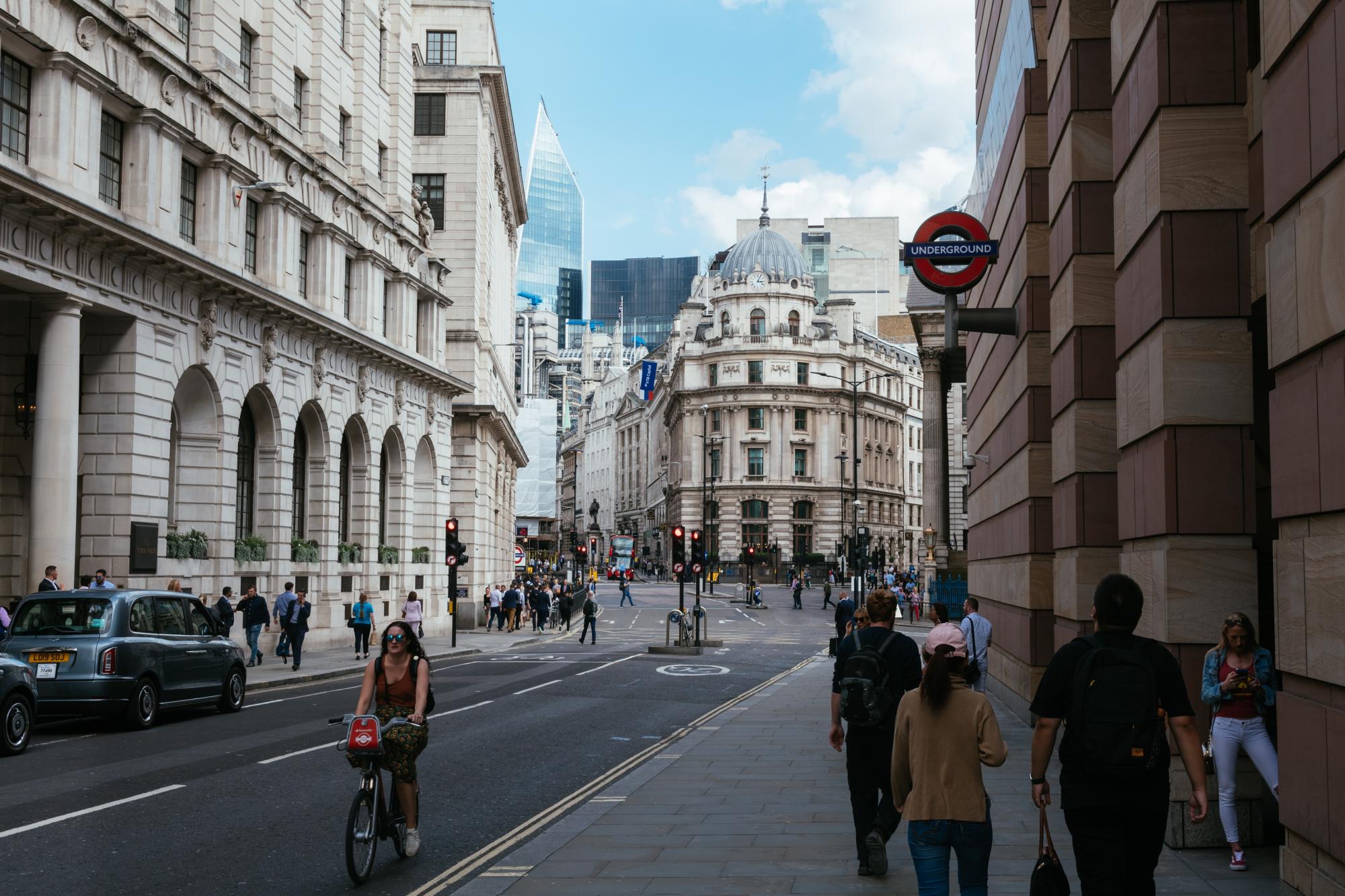Test- FTSE 100 Kicks Off August on a High as BP and Senior Lead Market Momentum
$11
10 Oct 2025, 13:13

Unsplash.com

The Bank of England's governor told Sky News that while he expects inflation to decline "rapidly" in the coming weeks, he also cautioned that two-thirds of the pain from interest rate increases are still to come.
Following the record-breaking 12th consecutive hike in interest rates, which brought the cost of borrowing to 4.5% earlier on Thursday, Andrew Bailey made the above remarks.
The Monetary Policy Committee of the bank projected economic growth at a faster rate than in any of its prior assessments, predicting that there would not be a recession this year.
The governor stated that almost 85% of mortgages in the UK are currently fixed rates and that it was taking longer for millions of people who are scheduled to renew their mortgages this year to receive the benefits of the adjustments.
However, Mr. Bailey asserted that when new numbers are announced later this month, inflation is projected to sharply decline due to lowering energy costs and a more "resilient" economy.
"We do think that inflation is going to fall, quite rapidly," he added, "but that doesn't happen until the data for April, which will be released in a couple of weeks."
Huw Pill, the Bank's top economist, came under heat last month for declaring that Britons "need to accept" that they are poorer, and Mr. Bailey also made it look as though he was criticising him.
The governor was asked if he agreed with those opinions, to which he said, "I think we have to be careful with the choice of words here," adding that he did agree that the national income has decreased.
The pandemic and the conflict in Ukraine, according to Mr. Bailey, were both enormous global shocks that had significant economic repercussions and couldn't have been predicted. He also said he "didn't agree" with claims that the Bank was bad at projections.
"What has been particularly challenging is that we've dealt with this succession of major shocks with no gaps in between, and we've had to adjust policy as those shocks and their effects come along," he continued.
Nevertheless, Professor Danny Blanchflower, a former member of the Bank of England's monetary policy committee, warned that "screeching U-turns are coming" and urged the Bank to decrease rates ASAP.
He claimed that Brexit is the main factor in the UK's increased inflation rate, coupled with the pandemic and the conflict in Ukraine.
"Importing food has become challenging, and lowering food prices has proven challenging... as a result, price levels have remained higher than they have elsewhere," he continued.
(skynews.co.uk, bbc.co.uk)